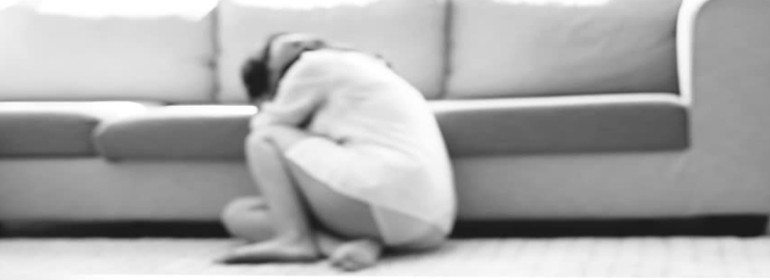Today, Rape Crisis Network Ireland releases its first-ever report on LGBT survivors of sexual violence.
Today, Minister for Children and Youth Affairs, Dr. Katherine Zappone launched the RCNI report ‘Finding A Safe Place: LGBT survivors of sexual violence and disclosure in Rape Crisis Centres’, in an effort to highlight the need for safe places for LGBT survivors and a safe and open conversation about the issues.
In 2013, 88 LGB survivors (4%) of sexual violence attending 15 RCCs for counselling and support identified as lesbian, gay or bisexual (LGB). LGB survivors not only take twice as long on average to report the crime (compared to their heterosexual counterparts), they are more likely to rely on friends and parents than family, says Clíona Saidléar, head of RCNI.
“Worryingly, LGBT survivors can take up to twice as long to report the crime compared with their straight counterparts,” said Saidléar .“They also rely much more on friends and partners and less on parents and family than straight people do. These two findings suggest the potential isolation and the added difficulties survivors who are also LGBT face in reaching out and seeking support.
“This and other findings in this report should act as a catalyst for action to policy makers, to service providers and to community leaders to transform responses towards creating greater safety for LGBT survivors.”
A press release from the RCNI notes that transgender survivors using the services in 2013, weren’t included in the statistical analysis “due to the numbers being too low to safely do so”.
Among the findings from the report:
- LGB survivors disclosed higher levels of multiple incidents of sexual violence than heterosexual survivors (26% compared to 15%).
- GB males disclosed almost twice the levels of rape of heterosexual males (63% compared to 34%)
- LB female survivors disclosed higher rates of abuse by male and female perpetrators abusing together (10%) than heterosexual females (2%).
- 47% of LGB survivors waited over ten years to report the abuse compared with 21% of heterosexual survivors who took the same length of time to report.
- 25% of LGB survivors disclosed first to a friend compared to 12% of straight survivors. 28% disclosed to parents or other family against 39 % of heterosexual survivors.
- All LB survivors who became pregnant as a result of rape terminated the pregnancy.
“It is clear there is a lack of awareness of the problem of sexual violence both in the LGBT community and among the general public. This report will underpin efforts by voluntary and statutory providers to support LGBT people who have experienced sexual violence and to promote reporting and help-seeking,” said Odhrán Allen, Director of Mental Health at GLEN.
“This report is an important effort in focusing attention on the issues that face LGBT people in a post-marriage equality Ireland,” adds Adam Shanley, Director of Gay Switchboard Ireland. “Discussion about sexual violence in the community is so far to the margins it is all but invisible. At Gay Switchboard Ireland we want to make talking about sexual violence safe for the LGBT community. The report has prompted us to hold a community discussion with stakeholders across the LGBT spectrum on the topic as an opportunity to start the conversation.”
The conclusion of the RCNI report states: ‘Survivors’ facing multiple disadvantages often remain voiceless as their risks when disclosing may be higher. The unique RCNI collective data system is sometimes their only safe way to be heard and to be counted.’
‘RCNI calls on the government to place value on this platform for the silenced and fund it again so that this first LGBT report may not be the last.’
© 2016 GCN (Gay Community News). All rights reserved.
